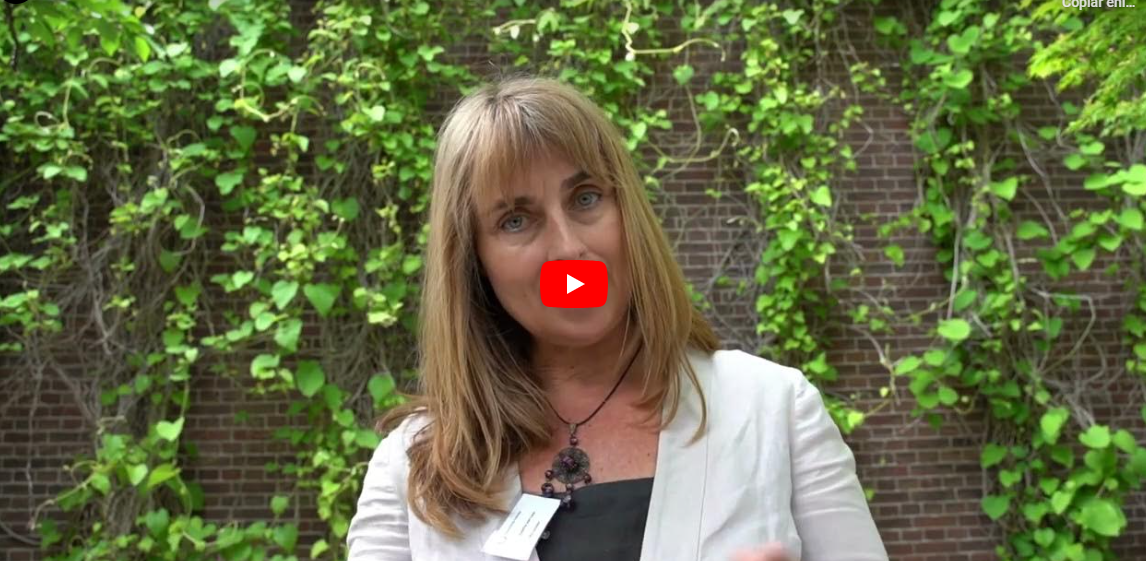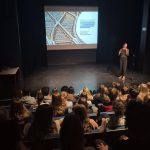In her video, Colette Van Laar delves into the topic of de-biasing education to reduce gendered choices. Recognizing the significance of individual freedom in decision-making, independent of societal expectations and gender roles, she emphasizes the urgent need to dismantle gendered cues and structures that perpetuate biases within educational systems. Van Laar explores the complexities surrounding this issue, while also acknowledging the unique challenges faced by different countries and groups. In doing so, she paves the way for an inclusive and progressive educational environment.
This video catalyzes understanding and dismantling the barriers that hinder equal opportunities and choices for all genders. By identifying the presence of gender biases in educational systems, Van Laar shines a light on the pressing need for change. Gendered cues and structures often restrict the freedom to make choices that defy traditional gender roles. This not only limits the potential of individuals but also perpetuates harmful stereotypes that hinder progress.
To combat these biases, Van Laar proposes a multi-faceted approach that involves developing broadly applicable toolkits. These toolkits can provide educators with resources and strategies to address gender biases in their classrooms. By integrating inclusive teaching practices, educational institutions can create an environment that promotes autonomy and empowers students to make choices based on their individual interests and talents.
While the importance of de-biasing education is indisputable, Van Laar acknowledges the complexity of implementing change across different educational systems. Societal norms and cultural contexts vary greatly, posing unique challenges for addressing gender biases. What works in one country may not be suitable or effective in another.
Therefore, it is crucial to recognize the specific challenges faced by different countries and groups and tailor solutions accordingly. Van Laar’s emphasis on understanding these nuances ensures that efforts towards de-biasing education are inclusive and sensitive to diverse contexts. By engaging in cross-cultural dialogue and collaboration, we can work towards a more equitable and unbiased educational landscape globally.
Watch the video here:







Leave a Reply